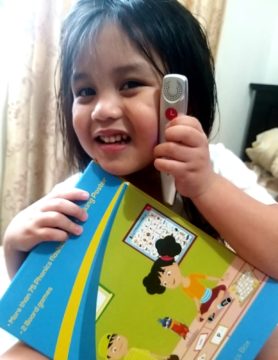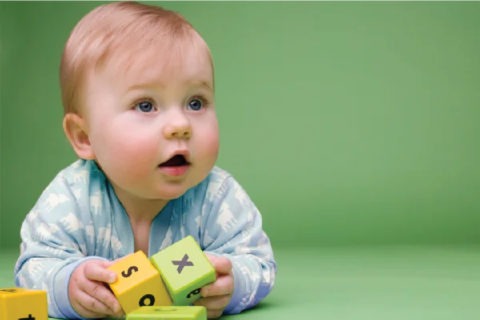
Raising Children Who Get Distracted Easily
July 27, 2022
Boosting Your Child’s Self Esteem
October 28, 2022Discipline is necessary in every household. The goal and point of discipline is to help your children choose and understand what behavior is acceptable, and what behavior is not acceptable. It also helps them understand self-control. Your children may test the limits of the boundaries you establish for them, but these limits and boundaries are very important for their growth and development as they move forward and transition into their adult lives.
Having and establishing house rules helps your children understand what your expectations of them are. This will help them develop a higher level and degree of self-control and restraint. For example, the rules may be something along the lines of ‘no TV until the homework is done’, ‘no name calling’, etc. In addition to having the house rules, you may also want to set up and have a system in place; such as one warning, which is then followed by the consequences, like a ‘time out’, ‘being grounded’, ‘loss of privileges’, etc. Parents often fail to follow through with the consequences. You cannot discipline your child one day for one thing and ignore it when they do the same thing the next day. Being consistent teaches them what to expect, what is acceptable and what is not.
The Latin origin of the word ‘Discipline’ means ‘To Teach’. Disciplining your child means to teach them responsible behavior and self-control. And with the appropriate and consistent discipline, your child will learn about consequences and taking responsibility for their own actions. Ultimately, the aim of disciplining your child is to encourage them to learn to manage their emotions and behavior. The term for this is ‘Self-Monitoring’.

Discipline does not just have to be about punishment, penalties and negative consequences; discipline can also be about rewards and positive consequences for their good and appropriate behavior and can discourage inappropriate behavior, all while using fair and positive methods of disciplining them. A lot of parents believe that in order to discipline their children, the only method is physical punishment, like hitting and beating them, and verbal punishment, like shouting and yelling at them. This is not the best method for disciplining your child.
Physical punishment comes with a myriad of consequences. Children learn through the example set by their parents, and research shows that the number one role model for any child are their parents. And this is why it is essential that parents act as an appropriate role model for their children, if they want them to behave and act in an appropriate manner. Using physical punishment and pain on a child to stop them from misbehaving only teaches them that it is okay to use violence to solve problems and overcome hurdles. Children learn this by watching and observing the physical violence their parents use.
Discipling your child means teaching and helping them understand what is appropriate and what is not. Their level of intellect grows and develops over time, and it is very important to match the current intellect level of your child to your method of disciplining your child in relation with their current capacity to understand. For example, a toddler will not know the difference between what is right and what is wrong. You can’t discipline a toddler, since they don’t really misbehave as much as they cry out for needs that need to be met, such as hunger, thirst, etc.
Routines are extremely useful when it comes to disciplining children. Children learn to behave by copying the adults around them. Children tend to thrive when they know what is expected of them and when their day has a routine and pattern to it. You could begin by telling your children the behavior that you don’t want them to do, rather than punishing them for it. Explain the preferred behavior and make sure that your child understands what it is you expect from them.
Explain the consequences of their actions to your children. Good discipline will help your child learn and grow from their mistakes. Ideally, the consequences should follow immediately after their actions, and should be relevant to their behavior. Some examples about teaching your children about the consequences of their actions could be things such as telling them to clear up the mess they have made, tidy up their room when they can’t find what they are looking for, going into a ‘time out’ when they act out of order or inappropriately with others, etc.
A child naturally wants the love and approval of their parents, so in order to get them to behave well is to let your child know what is expected of them and that they will be rewarded with your love and approval, that you will recognize and acknowledge their efforts. It is crucial that parents remember that discipline is not another word for punishment, rather disciplining involves teaching your child the right and appropriate behavior and self-control. Parents should also pace the level of discipline with their child’s ability to learn and understand.
One of the best rewards that parents can give their young ones are books for babies, books that teach a kid to read or stuff that encourage learning activities for toddlers at home. Having these at home will also help you spend quality bonding time with the kids.





